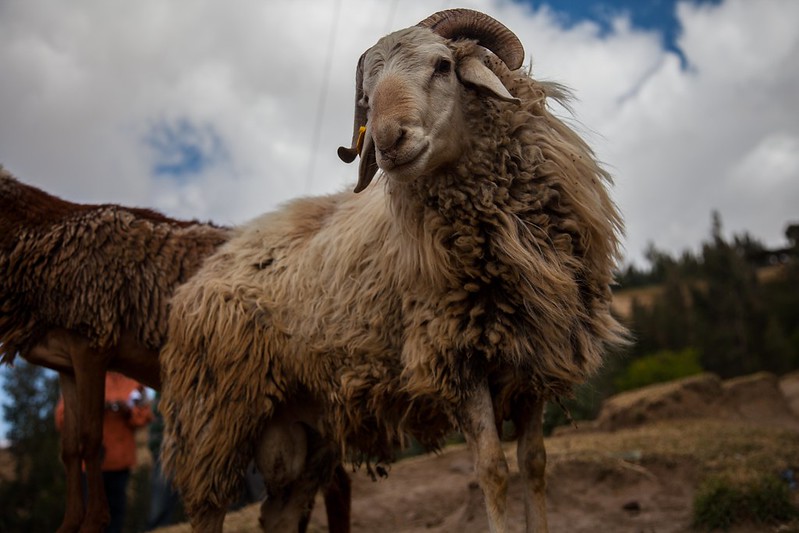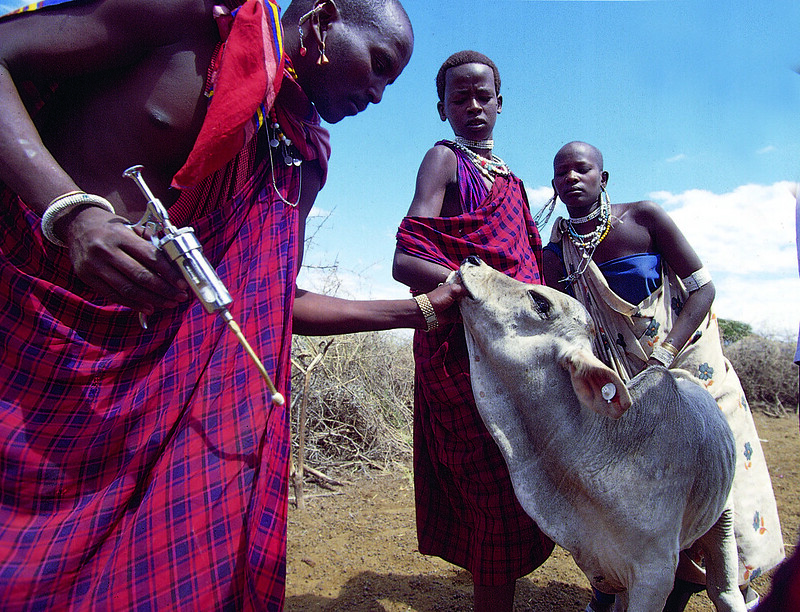Hand on your heart: Is animal health one of your main considerations when you think about international development cooperation or food security? When you read the news about the recent famine in East Africa, do you think: ‘I bet animal health played into this!?’ Well, neither do I, but maybe that’s where we’re wrong all along.
“Animal health matters” was the slogan of a recent seminar at Sida, and, to be honest, to me it sounds a bit dramatic. Sure, animal health matters, but who does it matter for?
It turns out, it does matter and quite a bit and for quite a few people. According to the report ”Animal Health in Development – Its Role for Poverty Reduction and Human Welfare”, 70% of the world’s rural poor depend on animal husbandry. So, for those people having their livestock healthy means that their capital or income doesn’t suddenly vanish into a lifeless carcass. This does happen more often than you would think: According to the report, up to a fifth of livestock might die from diseases!
Healthier animals are more productive which means more income for the 750 million poor livestock keepers in the world. The issue of animal health also has a gender dimension because a large proportion of the rural poor are women. Quite often, it is the female members of the family who are responsible for taking care of the animals.
So, animal health matters for the people who own animals. So far, so good. But who else? Well, there are the people who consume animal products. Continuing with our equation from above, healthy animals equals more productive animals, there will be more meat, milk, eggs. Steady supply will make these highly nutritious foods more affordable to consumers with tight budgets like the urban poor. And although we in Sweden and other parts of the Western world are recommended to consume less animal-based food, this does not apply to many lower-income countries, where undernourishment is a problem. So, this means that healthier animals not only contribute to food security of their owners but also to food security of much larger chunks of population.
There is, however, one more reason for why we should care about animal health. Healthy animals do not only benefit people in their close vicinity but play an important role in global public health. There are plenty of diseases and infections which can spread from animals to humans. The World Health Organization, WHO recognises more than 200 different so-called zoonoses. Some of them spread locally, whereas other like it has happened with the avian flu, can spread quickly across country borders, putting the health of millions of people in danger.
There are two aspects of animal health to have in mind in this respect. First, “healthy animals do not transmit infections”. Second is linked to the treatment of sick animals, which is usually done with antimicrobials. This might work for a short-term, but research has shown that wrong and excessive use of antimicrobials leads to resistance of pathogens and eventually to the emergence of multi-resistant organisms, “superbugs”. Antimicrobial resistance is a recognized risk to public health worldwide.

